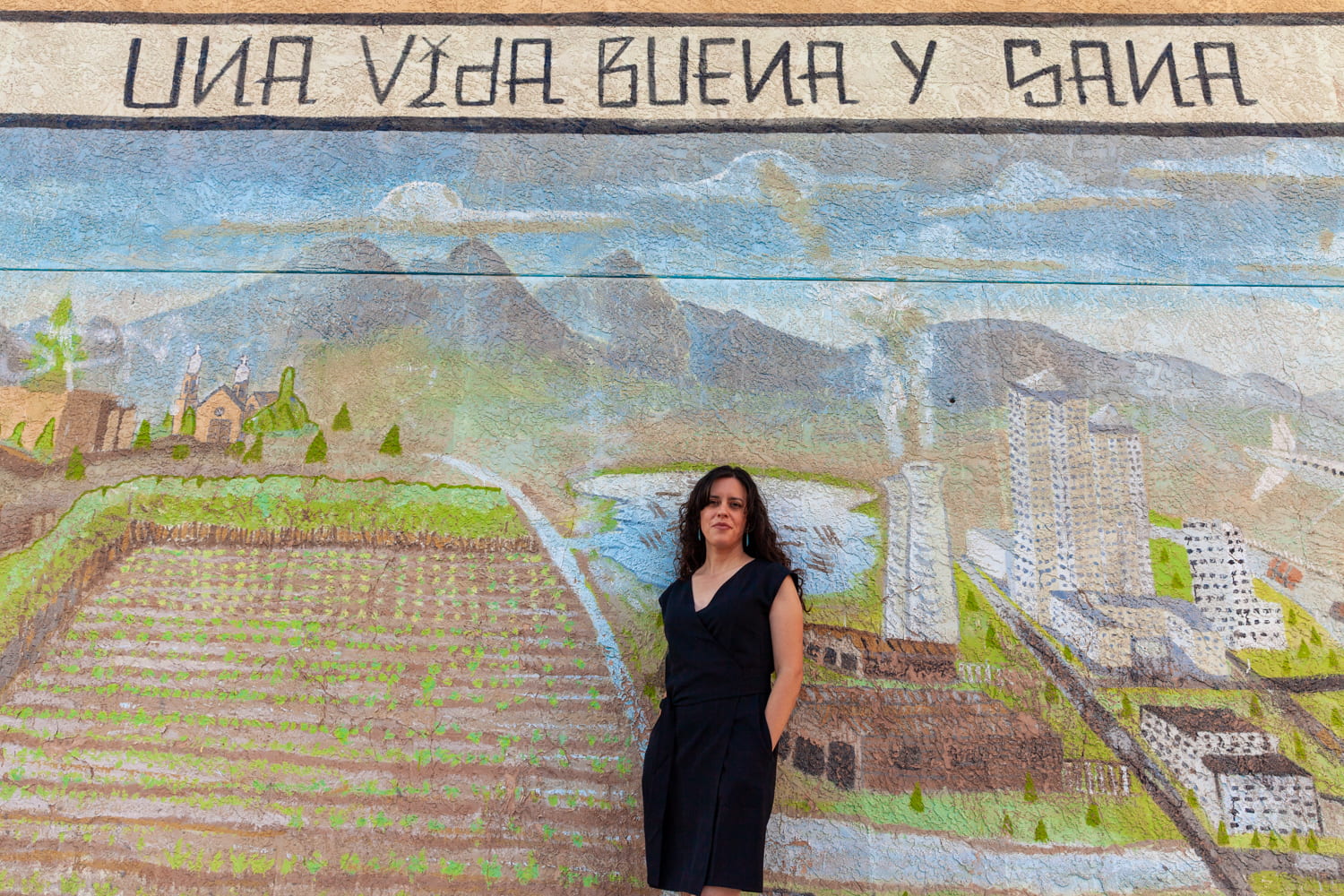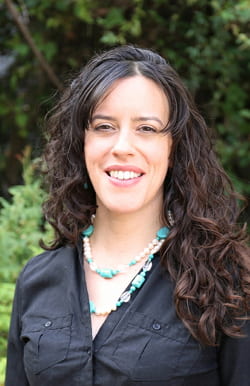Borders and Belonging – The Politics of Language, Regional Latinidades, and Linguistic Crossovers around the Claiming of Selena
Videos
View Day 1 Video
View Day 2 Video
This 3-hour webinar & workshop consists of an opening lecture on Wednesday, April 14th from 5 to 6 p.m. (45-minute presentation and 15‐minute questions session); and a 40-minute presentation followed by two 20-minute sessions on Thursday, April 15th from 5 to 7 p.m.

Wednesday, April 14th – 5:00 p.m. – 6:00 p.m. (Central)
LECTURE: The U.S. Latina/o/x Cultural Icon of Selena
As part of the youth production in June 2019 for Chicago’s Free Street Theater, a young Latina cast member reflects on the meaning of Selena in her life during one of the play’s monologues. She proclaims, “Selena never got to crossover! Maybe that’s what it means to be Mexican or an immigrant—to never be able to fully cross over. This country never lets us fully belong!” These words skillfully weave Selena into the current politics of terror within immigrant communities and notions of borders and belonging, while also underscoring Selena’s contemporary significance to young Latinxs in Chicago and beyond. The monologue also pushes us to think about the ways that Selena’s belonging is simultaneously situated and contested between and among U.S. Latina/o/x groups and regions. In my talk, I explore the ways in which Selena’s music, memory, and what I term her “linguistic crossovers” are deployed in distinct contemporary regional U.S. Latina/o/x contexts. Specifically, I interrogate the ways that distinct communities “claim” Selena in the regional sites of Chicago and Tucson. My presentation unpacks the discourses generated by the completion of two recent 2019 murals of Selena in each city, as well as the narratives drawn from several focus groups of U.S. Latina/o/x undergraduate students and community members in both cities. Ultimately, the case studies reveal the present-day cultural work Selena’s persona and language experience are doing for young U.S. Latina/o/xs. This cultural and linguistic work illustrates the ways Selena’s decolonial linguistic and cultural practices create dynamic spaces for belonging among U.S. Latina/o/x Spanish heritage learners, as well as new sites for connecting regional U.S. Latinidades.
Thursday, April 15th – 5:00 p.m. – 7:00 p.m. (Central)
LECTURE & WORKSHOP: “Yo soy mi lengua” – Navigating Cultural and Linguistic Borders through Critical Approaches to Spanish Heritage Language Pedagogy
This lecture and workshop will address key elements of Spanish heritage language pedagogy from a critical perspective. Dr. Gorman will ground SHL pedagogies through critical approaches within the fields of Education, Sociolinguistics, Applied Linguistics, and Latina/x/o Studies.
The workshop will underscore the complexity of heritage learner identities and highlight effective classroom strategies, key practices for mixed classrooms, and program/administrative concerns. Overall, the workshop focuses on the importance of valuing the complex heritage learner identities and linguistic practices of our students within a framework of sociolinguistic justice and cultural empowerment.
SESSION #1
1. Contextualizing Grammar Instruction
2. Curriculum and Project Based Learning in the SHL Classroom
SESSION #2
3. Differentiating Instruction and Mixed Classes
4. Program and Administrative Concerns
Attend and receive a certificate for 3 hours of professional development! Approved by the Arkansas Division of Elementary and Secondary Education (DESE). Priority registration: April 9th, 2021.
TARGET AUDIENCE
- K‐12 Classroom Teachers & Administrators
- Undergraduate & Graduate Students
- Instructors & Professors
- And all the NWA Community!
QUESTIONS
- Spanish Road Map Team – sroadmap@uark.edu
Meet the Presenter
Lillian Gorman is originally from Albuquerque, New Mexico. She was part of the first class of McNair scholars at the University of New Mexico and graduated with a B.A. in Spanish and an M.A. in Southwest Hispanic Studies from the University of New Mexico. She graduated with her Ph.D. from the University of Illinois at Chicago in Hispanic Studies with concentrations in Latina/o/x cultural studies and sociolinguistics. She developed and directed the Spanish as a Heritage Language Program and the Spanish for Heritage Learners Nicaragua Study program at New Mexico Highlands University and she served as the Assistant Director of Spanish for Heritage Speakers at the University of Illinois at Chicago. Dr. Gorman is currently the Director of the Spanish as a Heritage Language Program at the University of Arizona and an Assistant Professor in the Department of Spanish and Portuguese. She has nearly 20 years of experience teaching in and leading Spanish heritage language programs. Her research agenda is committed to engaging Latina/x/o cultural studies with sociolinguistics and her research interests focus on issues of language and identity within U.S. Latina/x/o communities and U.S. Latina/o/x popular culture. She recently served as a University of Arizona HSI Fellow and as the Scholar-in-Residence at the Center for Regional Studies at the University of New Mexico. Her essays have appeared in the edited volumes Transnational Encounters: Music and Performance at the U.S. Mexico Border, Bilingual Youth: Spanish in English Speaking Societies, Explorations in Ethnography, Language and Communication: Capturing Linguistic and Cultural Diversities, and Querencia: Reflections on the New Mexico Homeland. She is currently working on her book manuscript, Ethnolinguistic Contact Zones: U.S. Latina/o Identities and Language among Mexican-Nuevomexicanos in northern New Mexico.
